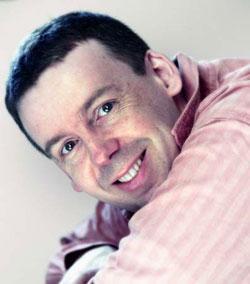What has pushed me in the direction of offering this reading is really two things: in the first place, I was brought up Evangelical Protestant, and this text, Romans 1, was really a text of terror for me, a text in some way associated with a deep emotional and spiritual annihilation, something inflicting paralysis. So, finding myself ever freer of that terror, it seems proper to try and offer a road map to others who, whatever their ecclesial belonging, may suffer from the same binding of conscience that a certain received reading of this text has seemed to impose. But there is a second reason, no less important to my mind: owing to arguments surrounding Episcopal appointments in the Anglican Church on both sides of the Atlantic, a huge amount of press has been generated in which it has been repeated ad nauseam that “The Bible is quite clear…” about this or that. Furthermore we are told time and again that those who think either that gay people should be allowed to marry, or that being gay should be no bar to Episcopal consecration, are in some way repudiating an obvious written sacred injunction. The impression that “the Bible is quite clear” has passed largely unchallenged in the media, which has found it easiest to present the argument as being between conservative people who take the Bible seriously (and are thus against gay people) and liberal people who don’t (and thus aren’t against gay people).


